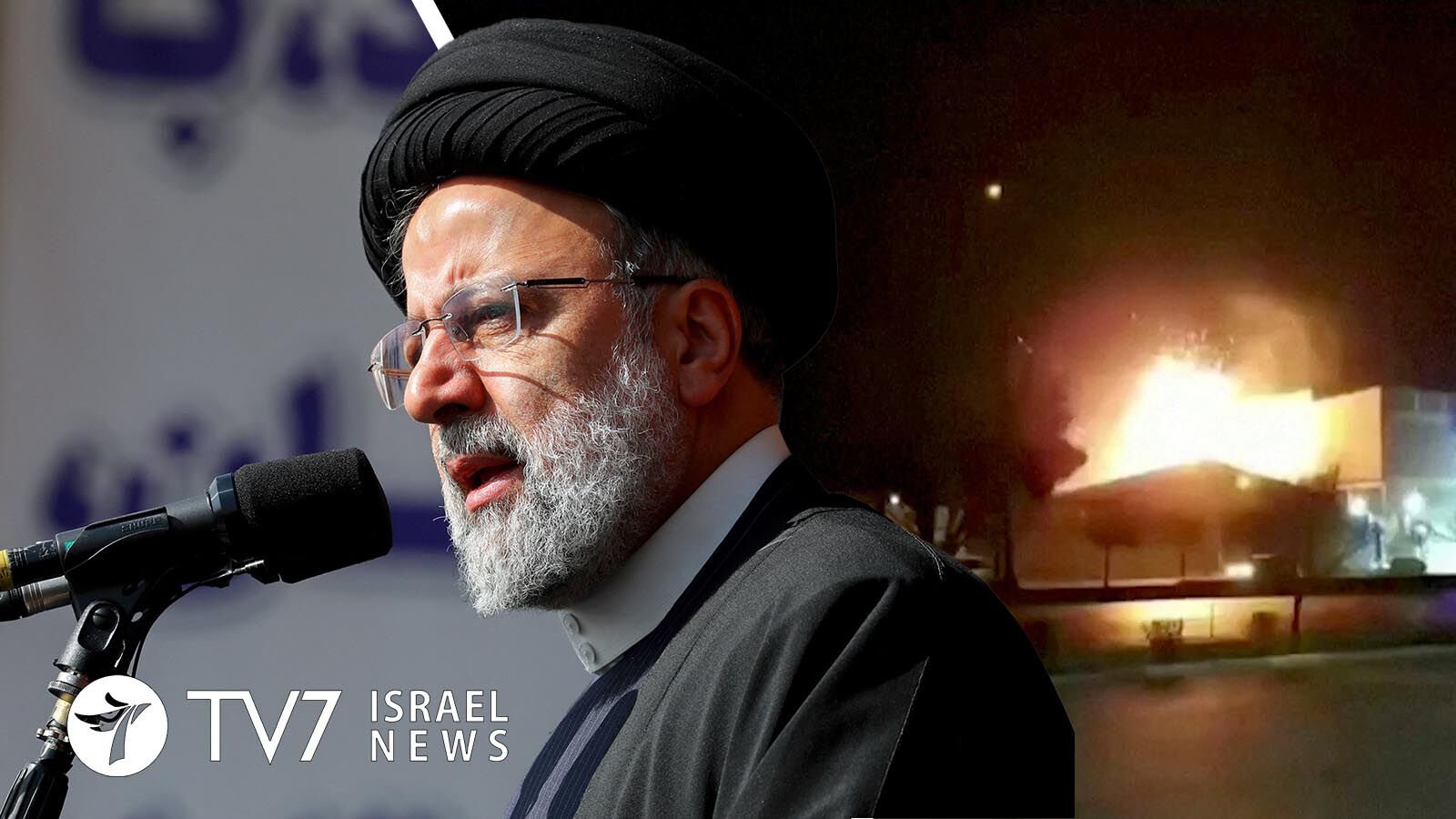The primary suspects have been captured, said Tehran, for perpetrating a drone attack on a military site involving paid Israeli operatives.
By Erin Viner
“The main perpetrators of the unsuccessful attempt to sabotage a Defense Ministry industrial center in Isfahan… have been identified and arrested,” reported the IRNA state news agency, adding, “So far, the involvement of mercenaries of the… Zionist regime (Israel) in that act has been proven.”
Iranian security agencies issued a statement saying that, “Due to the ongoing interrogations of the accused who are in custody, additional information will be published at the appropriate time.”
Iran, which has repeatedly threatened to annihilate the Jewish State, has vowed to avenge the 29 January drone attack on the the heavily guarded compound, which reportedly included a manufacturing site of both offensive Unmanned Aerial Vehicles (UAVs, drones) and Ballistic Missiles among other unknown munitions.
The Isfahan strike came amid rising tensions with the West not only over nuclear activity by Teheran, but also its supply of long-range “suicide drones” and other arms for Russia’s war in Ukraine as well as months of anti-government demonstrations at home.
The Islamic Republic has in the past accused arch-enemy Israel of planning attacks using agents inside Iranian territory. Last July, Tehran arrested what it called a ‘sabotage team’ of Kurdish militants working for Israel, who planned to blow up a “sensitive” defense industry center in Isfahan. Several Iranian nuclear sites are located in the central Isfahan province – most notably the key Natanz uranium enrichment site, which Tehran accuses Jerusalem of sabotaging in 2021.
Israel has long said it could attack Iran if diplomacy fails to curb Iranian nuclear or ballistic missile development programs but maintains a policy of withholding comment on specific incidents.
There have been several explosions and fires at Iranian military, nuclear and industrial sites in recent years. The two sides have engaged in what has been described as a long-running covert “Shadow War” that has seen mutual cyber and naval strikes, as well as alleged IDF assassinations of top Iranian officials and attacks on Tehran’s weapon facilities and shipments to its proxies in Syria and Lebanon.
